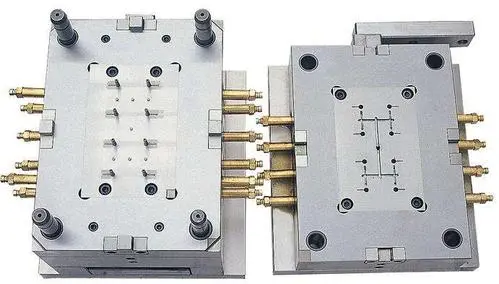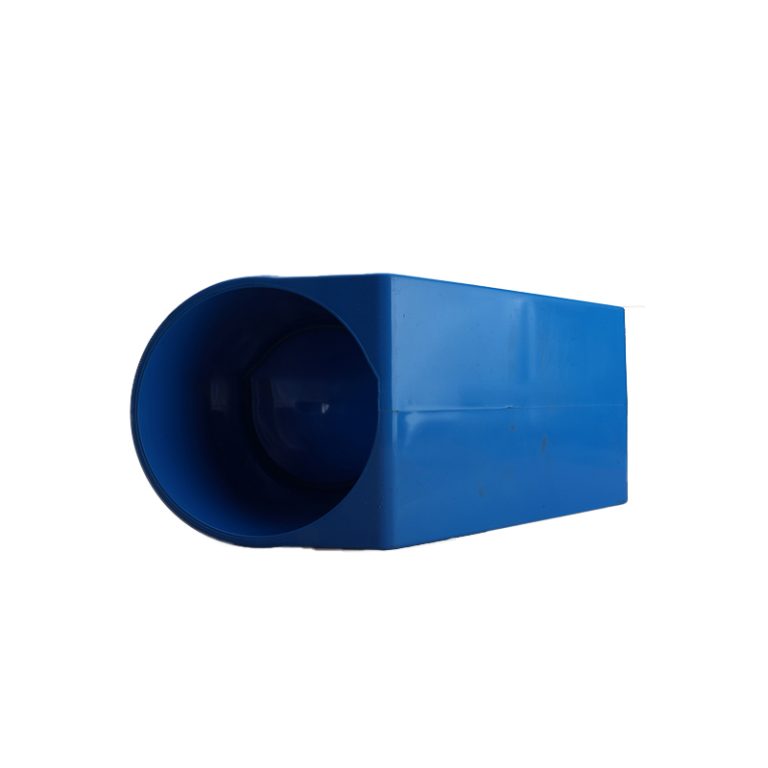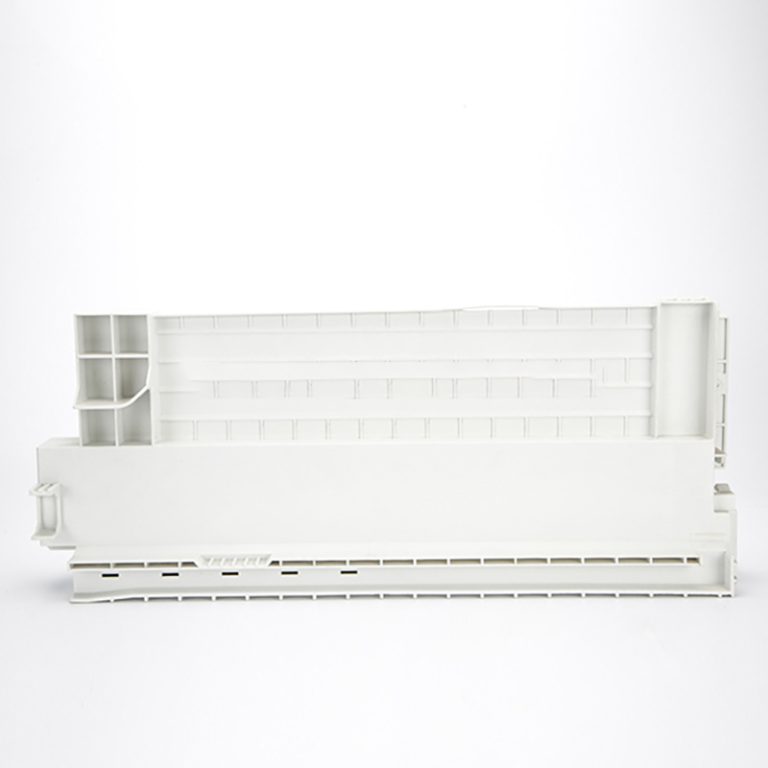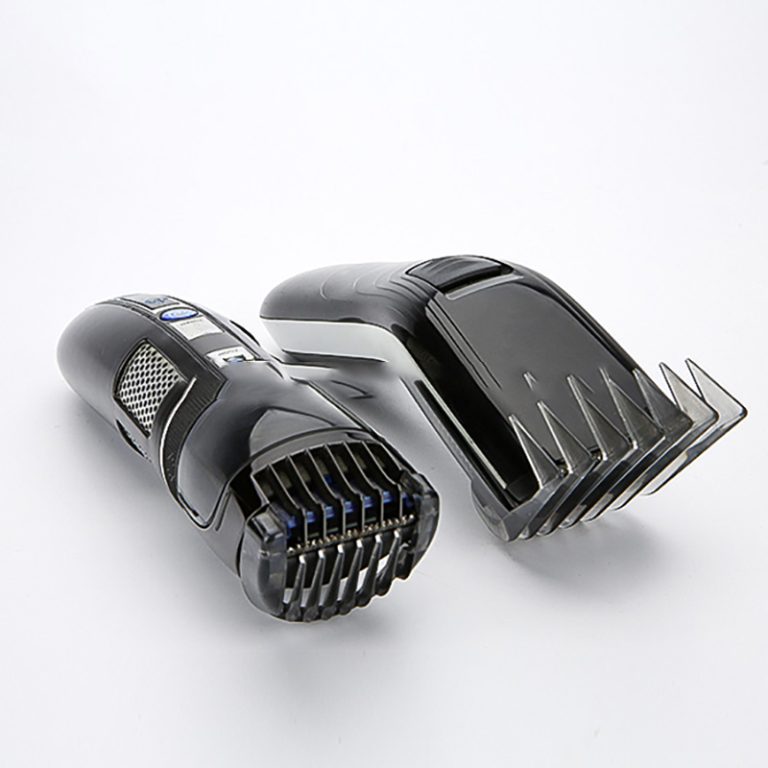Structural foam spray insulation, also known as structural foam or spray foam insulation, is a type of insulation material commonly used in construction and building applications. It’s distinct from traditional insulation materials like fiberglass or cellulose due to its application method and unique properties.
Application Method:
Structural foam insulation is typically applied as a liquid using specialized equipment that mixes two chemical components (polyol resin and isocyanate) under high pressure. When these chemicals combine, they react and expand rapidly, forming a foam that adheres to surfaces and fills cavities. This expansion allows the foam to seal gaps, cracks, and voids effectively, providing an airtight and moisture-resistant barrier.
Types of Structural Foam Insulation:

1.Open-cell foam: This type of foam is less dense and has a more sponge-like appearance. It expands significantly after application, filling in larger spaces but with less insulating power per inch compared to closed-cell foam.
2.Closed-cell foam: Closed-cell foam is denser and offers higher insulating power per inch. It forms a rigid structure after application, making it suitable for structural reinforcement and adding strength to walls and roofs.
Key Benefits:
3.Insulating properties: Structural foam insulation provides excellent thermal insulation, reducing heat transfer and improving energy efficiency in buildings.
4.Air and moisture barrier: It creates a seamless barrier that prevents air infiltration and moisture ingress, which can help in controlling indoor humidity levels and reducing the risk of mold growth.
5.Structural support: Closed-cell foam, in particular, can add structural strength to walls and roofs, enhancing the building’s durability and resistance to wind and seismic forces.
6.Sound insulation: It can help reduce noise transmission through walls and floors, improving acoustic comfort indoors.
Applications:
7.Residential construction: Used in walls, attics, and crawl spaces to improve energy efficiency and indoor comfort.
8.Commercial and industrial buildings: Applied for thermal insulation and structural reinforcement in roofs, walls, and floors.
9.Specialized applications: Can be used in refrigeration units, vehicles, and other settings where thermal and moisture control is critical.
Considerations:
10.Installation: Requires professional installation due to the specialized equipment and handling of chemicals involved.
11.Cost: Initial installation costs can be higher compared to traditional insulation materials, but long-term energy savings and durability may offset these costs.
In summary, structural foam spray insulation offers a versatile solution for enhancing building insulation, structural integrity, and energy efficiency. Its unique properties make it a preferred choice in modern construction projects where performance and sustainability are priorities.





